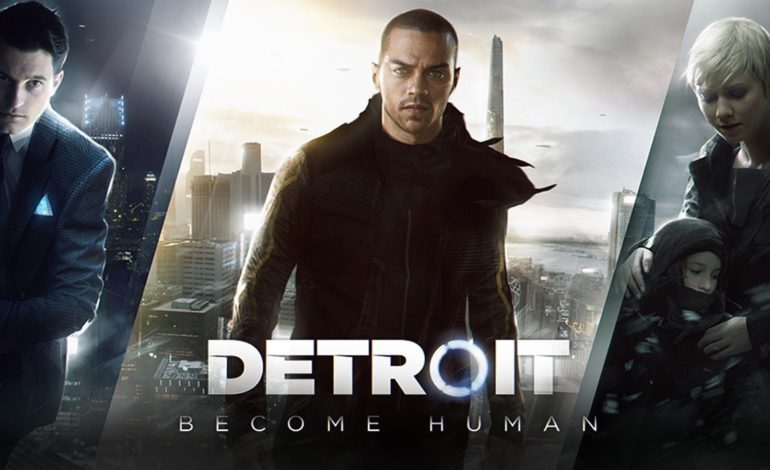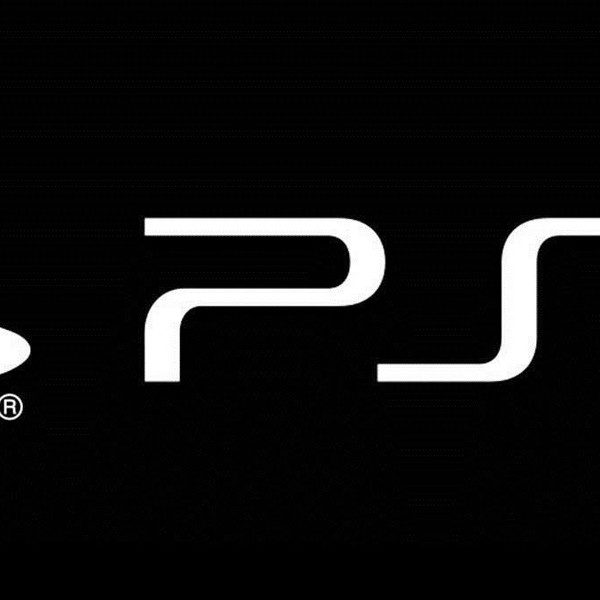

Sony’s masterpiece, Detroit: Become Human, is officially on the market. This science fiction game intrigues gamers to think about the boundary between humankind and robots, creator and creation, and all in a high fantasy cyberpunk world. How do we judge and distinguish robots from human? Is it wisdom, or life, or even emotion? Detroit: Become Human shows players an ethical controversy story about robots and humans. As a fair warning, there will be spoilers ahead.
Detroit: Become Human presents the stories of three bionic robots, Kara, Connor, and Markus. In the game, they have evolved their own independent feelings that allow them to make their own judgments of reality and follow actions and ideas. They start to think about the boundary of their creator, humans, and themselves as robots, and humans are the types of creatures that are controlled by emotions. Detroit: Become Human shows us a story about robots that become humans that are controlled by their own feelings. This starts with the questions they independently ask themselves: “Who am I? Where did I come from? Where am I going?”
In the science fiction Frankenstein, the appearance of Frankenstein represents the emergence of the concept of artificial creation. Frankenstein formally opened the prelude of science fiction novels. Then in the play, Rossom Universal Robot, robots were officially on the stage of science fiction. Robots are a representation of the revolution of computer science and engineering, and the revolution of computer science and engineering feeds sciencie fiction with cyberpunk imagination. So, it’s precise to think that the story about robots will be no doubt one of most intriguing topics to discuss for cyberpunk science fictions. The story of robots, starting from the overture for the science fiction golden era, has begun to enter the eyes of ordinary people.
Storytellers have begun to produce various fantastic illusions about robots, both positive and negative types. The creation of robots has the nature of human tool use and even a function of indentured servitude. The uncertainty about robots makes us think the potential of leading to a robot-human servant apocalypse: Do robots have a sense of resistance opposite against the purpose of tool use intention? It’s ironic to realize that our distrustful nature of oneself to others continues towards robots. Furthermore, the lack of understanding between human self-consciousness and awareness and those artificial ones of robots leads to the question: is it just programming or do robots have their own independent feelings?.
And why would robots disobey their programming if they had their own judgment? As a bionic robot from Cloud Atlas said, and quoting Aleksandr Solzhenitsyn’s words:
We might figure out an answer with the defamiliarized cyberpunk story of Detroit: Become Human.
Play games, take surveys and take advantage of special offers to help support mxdwn. Every dollar helps keep the content you love coming every single day.

